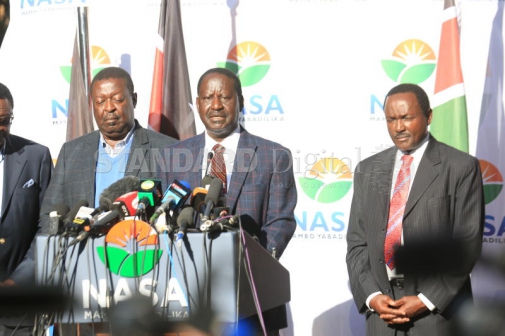
By the time you read this article, Raila Odinga or another Kenyan will have filed a petition in the Supreme Court, since our liberal Constitution permits any Kenyan to file a petition to challenge the Presidential election. The petition hearing will be a national event and I wish to play my role in educating Kenyans on the key ingredients of the election that will be under scrutiny in the petition so that they do not get lost in the legal and political drama of the next three weeks.
On election day voters turn up at polling stations and once verified, cast a paper ballot. This year, IEBC introduced the Electronic Voter Identification Device (EVID) which would identify a voter and remove their name from the roll once they voted. This was the greatest innovation to stop ballot stuffing and may explain why the voter turnout went down by almost 10 per cent.